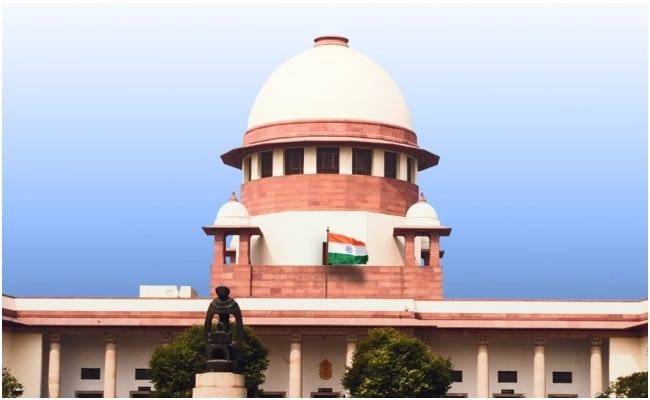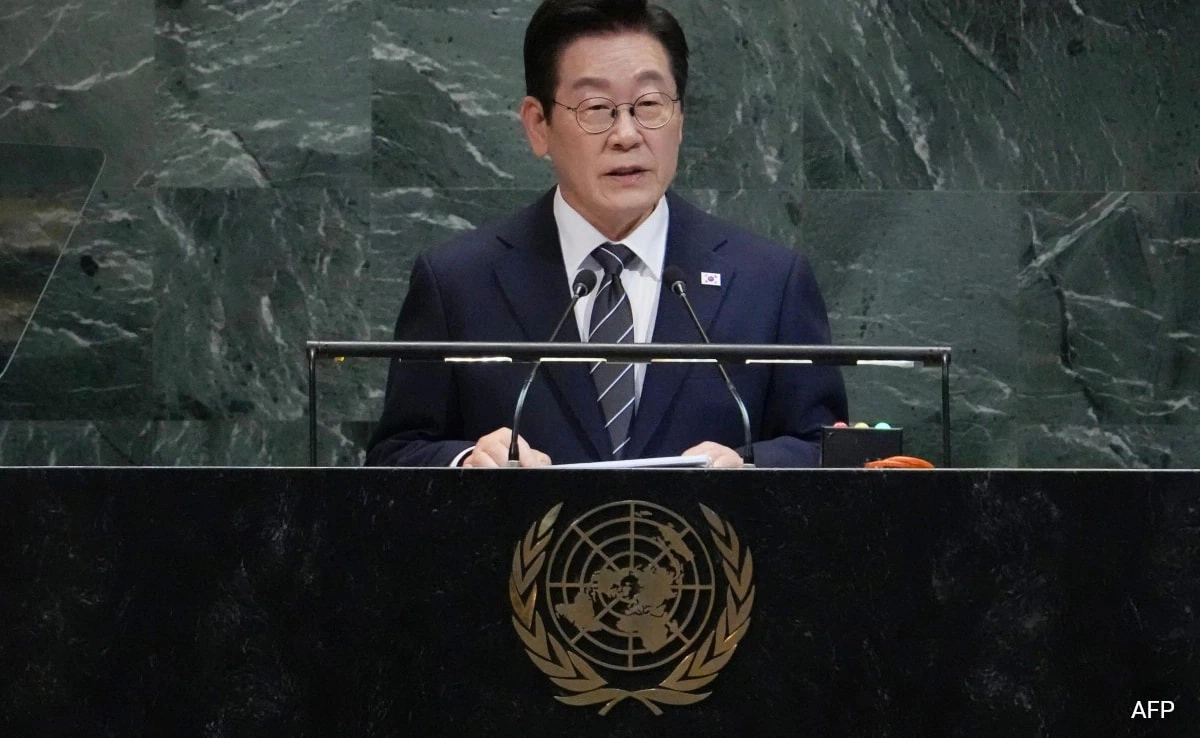The Supreme Court has reserved its verdict regarding the petitions that seek the West Bengal government’s payment of 25% of certain pending dues. This legal proceeding has significant implications for the state’s financial management and its obligations to various stakeholders. The petitions in question arise from concerns over delayed payments that have sparked debates about the state’s fiscal responsibilities. As the top court deliberates, it is essential to consider the broader context of how such dues have accrued and the impact of these financial obligations on public services and governance within West Bengal.
The issue at hand highlights a growing tension between state authorities and the entities owed money, which may include contractors, suppliers, and other service providers. Delayed payments can disrupt essential services, hinder development projects, and create a ripple effect that affects the local economy. By reserving its verdict, the Supreme Court is taking the time to carefully examine the legal intricacies surrounding the case, as well as the potential consequences of its ruling. The court’s decision will not only determine the immediate financial responsibilities of the West Bengal government but could also set a precedent for how similar cases are handled in the future.
As the legal proceedings unfold, it is crucial for stakeholders to remain engaged and informed about the potential outcomes. A ruling in favor of the petitions could compel the West Bengal government to prioritize the payment of pending dues, thereby alleviating some of the financial strain faced by those waiting for compensation. On the other hand, a ruling against the petitions may raise questions about the state’s commitment to fulfilling its financial obligations. Regardless of the outcome, this case underscores the importance of accountability and transparency in government financial practices, which are vital for maintaining public trust and ensuring a stable economic environment.
In conclusion, the Supreme Court’s decision on the pleas for the West Bengal government to pay 25% of pending dues is a crucial moment that reflects broader issues of governance, financial accountability, and the state’s relationship with its constituents. As the court reserves its verdict, all eyes remain on the judiciary to provide clarity and guidance on this pressing matter, which resonates beyond the immediate financial implications, touching upon the principles of justice and fairness in public administration.




